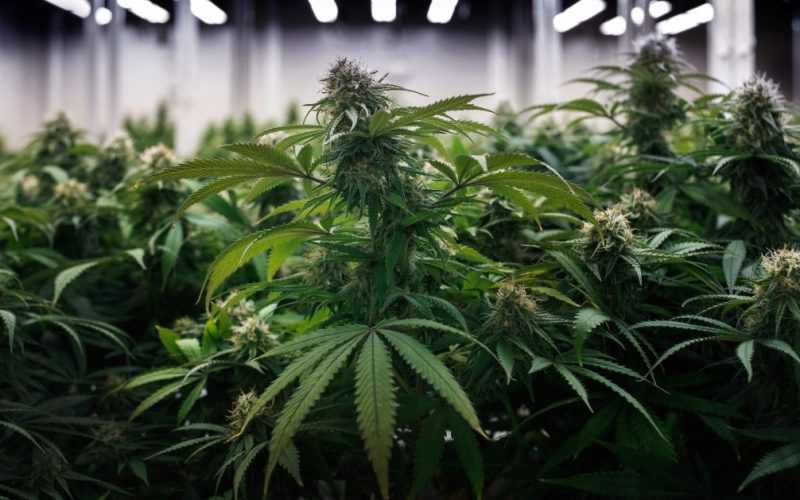Throwing even more doubt on the thoroughly botched rollout of legal weed in New York State, a federal appeals court panel this week decided that the very premise upon which the legal recreational cannabis market was built was unconstitutional.
Someone must have been smoking something when Albany set this thing up.
The judges ruled 2-1 that New York State, in trying to establish an early preference for businesses owned or serving New Yorkers once hurt by the state’s criminalization of cannabis, discriminated against out-of-state residents who also suffered. And that violates what is known as the Constitution’s dormant Commerce Clause. In simple terms, it’s big no no.
This followed hot on the heels of the state Office of Cannabis Management deciding, suddenly, that it was changing its methodology for measuring the distance from schools and houses of worship to regulated cannabis shops — which cannot be closer than 500 feet — putting more than 150 already-approved retailers in danger of closing, including some which are now open and others that were all set to open after years of efforts.
The amount of things that have gone wrong with this rollout at this point is almost comical. The effort to prioritize in-state, formerly criminalized business owners effectively left a lot of these folks holding the bag. Slow-moving bureaucracy, predatory loan terms, the inexplicable exclusion of one of the protected classes specifically mentioned in the law itself and the proliferation of illegal shops all jeopardized their ability to operate.
Efforts to correct all these missteps have been halting and driven largely by these business owners having to litigate their treatment in the media and through public advocacy. Now, it turns out that their prioritization was itself unconstitutional, something that we would have hoped the state Legislature’s lawyers would have bulletproofed before basing our burgeoning new regulated market on it.
At least the problem of the illegal weed shops that popped up everywhere has been seemingly fixed with new legislation, with the illegals getting shut down and kept shut.
Still, you’d almost expect “Yakety Sax” to play over a sizzle reel of the pitfalls over the years, though the comedy of it is certainly blunted by the fact that real people have been hurt and continue to be hurt by the mismanagement, incompetence and uncertainty — people who took real risks with the promise of getting in on the ground floor of a growth industry that had once brought condemnation and law enforcement scrutiny.
The Legislature must approve a fix for the distance issue to prevent the absurd outcome of shops having to shutter because they are a few feet closer to a school or a church than was originally assessed.
Beyond that, though, it’s hard to say what they can do to make things better short of going entirely back to the drawing board and starting over, which is obviously not possible. At this point, the system has been built on a premise that a federal court now says cannot legally stand, and while this won’t automatically strip licenses from the businesses already granted them, it puts the existing shops — many of which have only really begun to get more firmly on their feet — on shakier ground.
At this point, the focus should be on patching everything up as expeditiously as possible and creating an environment of, at minimum, regulatory certainty for those who are still trying to make it in the industry.
Ironically, this entire debacle has achieved effectively the opposite of the legislation’s initial intent: the industry has been so uncertain, so slow and so mismanaged that the companies with the capital and expertise to navigate all of the hurdles are mainly the large out-of-state firms that lawmakers had initially tried to protect local small business owners from. Good intentions got smoked by bad policy.








